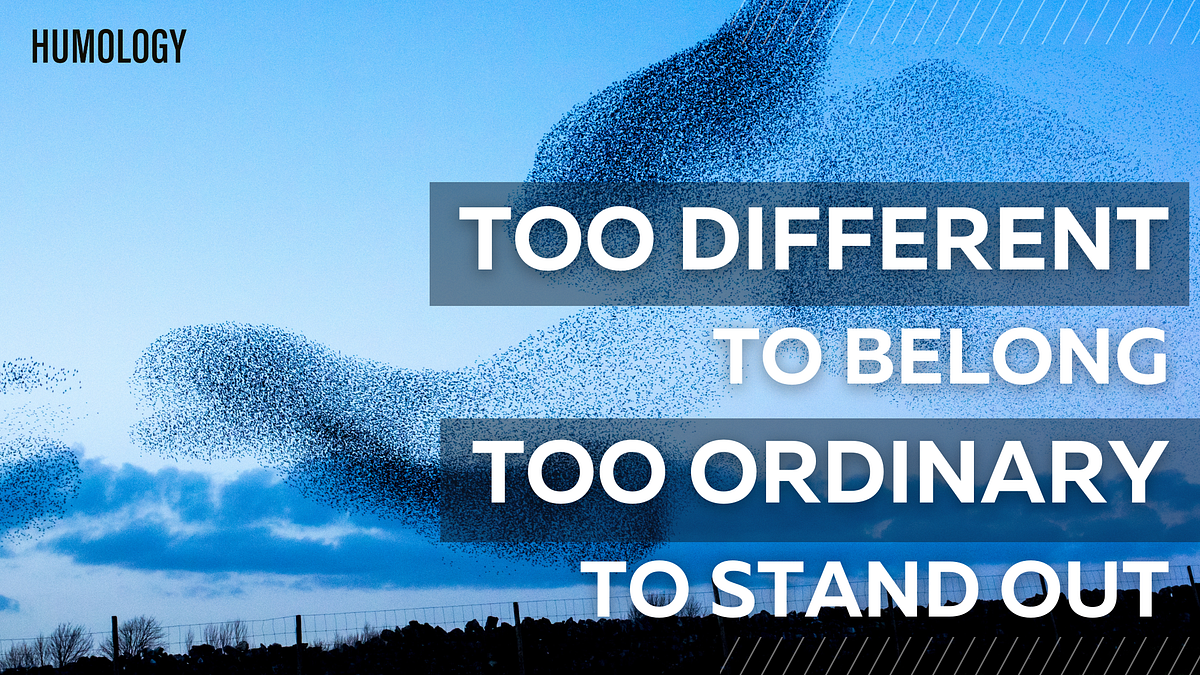
"The online world amplifies a deep human paradox: we want to fit in and stand out at the same time. Algorithms reward polish, not practice. Visibility, not depth. The antidote is in reclaiming the messy middle where originality is formed, and letting technology be collaborators, not replacements. I keep circling a question that psychology hasn't yet neatly answered: why does the online world make us feel both too different to belong and too ordinary to matter? Every one of use"
"wants to feel part of something and to connect with others who share our passions. But at the same time, we also want to stand out - to be noticed, to feel valued, and be seen as original in a sea of sameness. It's a quiet paradox that shapes how we show up online, even when we don't realise it. We learn the tone, the language, the style of what works."
People simultaneously seek belonging and distinctiveness online, creating a paradox that shapes digital behavior. Algorithms amplify polished output and surface visibility rather than ongoing practice and depth, incentivizing finished, shareable moments. Users internalize successful tones, styles, and aesthetics, teach them through branding and courses, and reproduce what gains attention. That process fosters conformity, blurs individual edges, and squeezes out experimentation. Reclaiming the messy middle — the iterative space where originality forms — enables authentic development. Framing technology as collaborator rather than replacement encourages risk-taking, sustained practice, and depth over performative polish, restoring pathways to distinctive, meaningful contributions.
Read at Medium
Unable to calculate read time
Collection
[
|
...
]